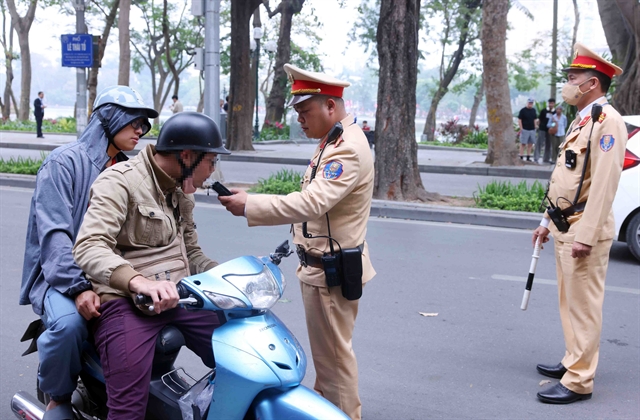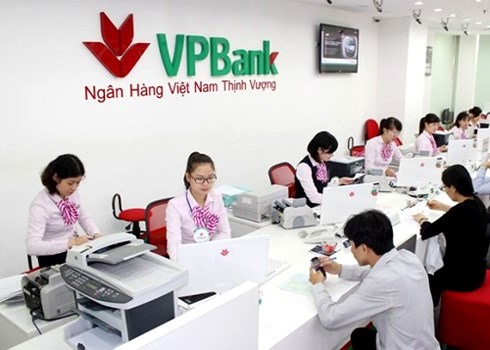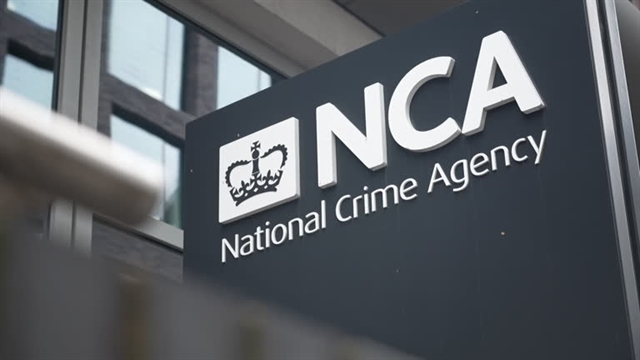 Society
Society

Việt Nam Prosperity Joint Stock Commercial Bank (VPBank) has warned people not to be fooled by fraudsters sending messages via phone or Facebook with content related to money transferred from abroad.
 |
| Illustrative image. VPBank says it has notified a number of fraudulent transactions in recent weeks. — Photo vov.vn |
HÀ NỘI — Việt Nam Prosperity Joint Stock Commercial Bank (VPBank) has warned people not to be fooled by fraudsters sending messages via phone or Facebook with content related to money transferred from abroad.
Customers were asked to log into the provided web page with their internet banking username and passport and then enter an OTP (one-time password) sent by the bank to their phone number or email.
Websites that were used by criminals include: https://moneygrmonline24h.weebly.com/internetbanking.html; www.chuyentienle.weebly; and https://wpbankwesternunion.weebly.com.
Once customers login to the above-mentioned websites, their personal information will be stolen. The money in their account will be illegally appropriated.
VPBank also informed customers of a number of fraudulent transactions in recent weeks. Criminals would pretend to be banking officials and make phone calls to customers, it said.
VPBank is not the first bank to issue such warnings. Previously, Vietnam Technological and Commercial Joint Stock Bank (Techcombank) and Vietnam Maritime Commercial Joint Stock Bank (Maritime Bank) also informed customers about the same threats and instructed them on how to conduct safe transactions.
According to banks, customers should be cautious with strange e-mails and calls from persons claiming to be bank employees or bank partners requesting the provision of information of cards and transaction codes through phone or email (OTP), or request access to an unknown site.
It should be noted that banks and credit institutions never require customers to provide their passwords, card information or OTP codes in any case. Customers should not disclose card information or their PINs to others and cover the keyboard when making transactions at ATM/POS and other card payment devices.
Economist Nguyễn Trí Hiếu advised customers not to store or share their personal information such as passwords and credit card numbers in their email accounts or on social media. In case customers receive suspicious messages or calls, they should stop transactions and immediately notify the bank’s hotline to lock the card or mobile banking application. — VNS




